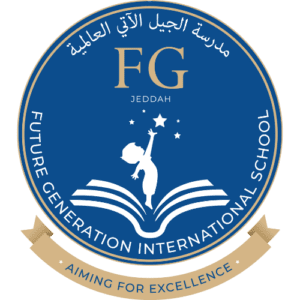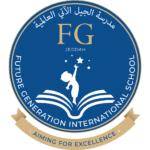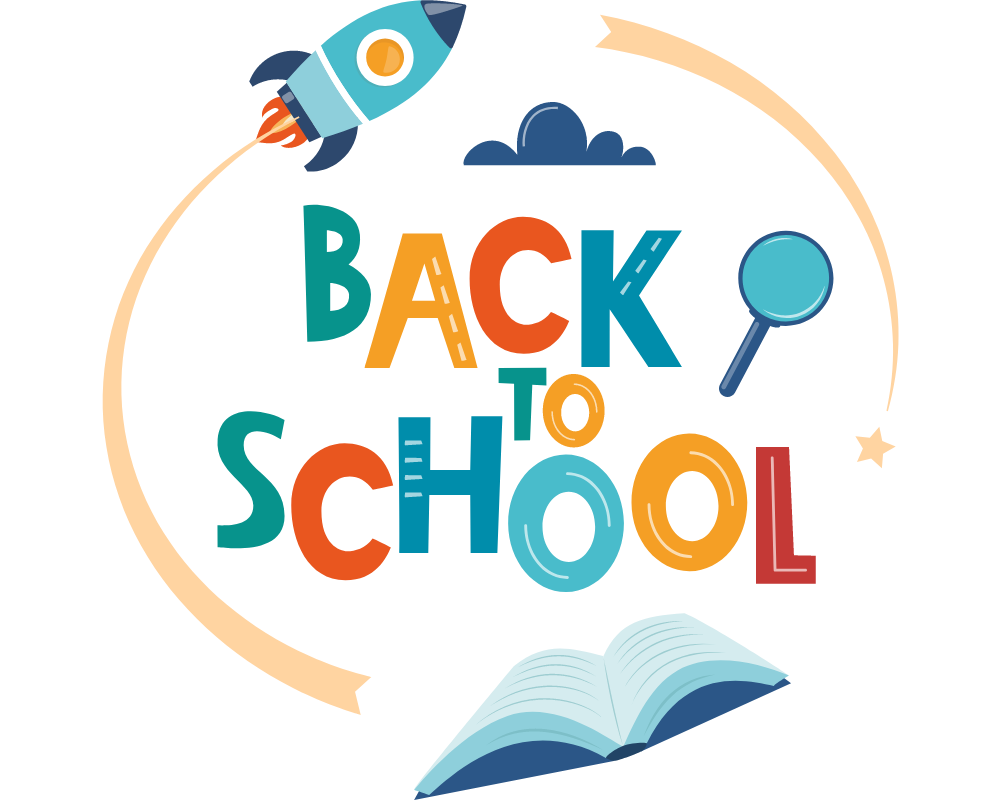

curriculum
FGIS follows the British Curriculum. The curriculum provides richness and a wide variety of learning experiences, materials, and instructional strategies to accommodate a broad range of children’s individual differences.
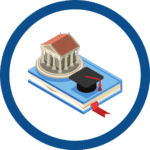

Admission
FGIS offers admission from KG 1 to Grade 4. The academic year starts in September each year and follows the school calendar set out by the Saudi Ministry of Education
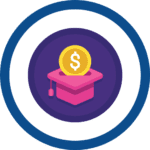

Fee Structure
The fee schedule is thoughtfully designed so that the institution’s excellent performance and the parent’s ability to pay to go hand in hand.
Concepts addressed in the classroom include
In addition to traditional Literacy, Math, Social Studies, and Science, at FGIS, we also aim to develop children’s Social-Emotional Skills. We have also included Montessori-inspired methods in our curriculum because we recognize the importance of play and developing motor skills for our young learners.
WHAT'S NEW
Be a reader, leader, and problem solver
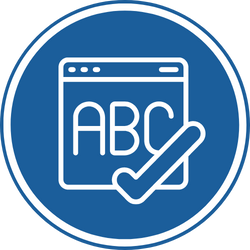

Spelling Bee
Our new concept, the spelling bee aims to equip the students with good vocabulary and knowledge in effectively using the phonic sounds of the alphabets. The games involved in the Spelling Bee aid the child in understanding the pronunciation of various word sounds better.
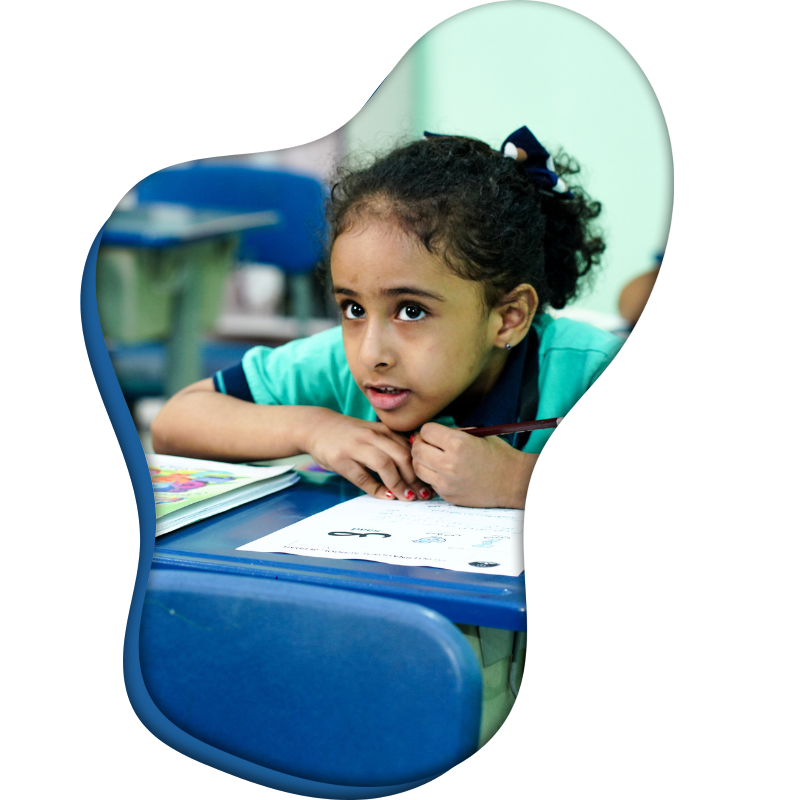

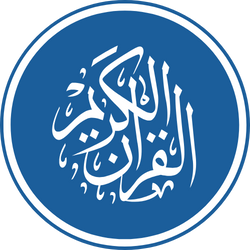

Quran Recitation
At FGIS we give equal importance to studies, language, and culture. The Arabic and Quran wing is introduced to teach the students to respect their religion and to help them learn the Arabic language that is closely knitted to the culture.
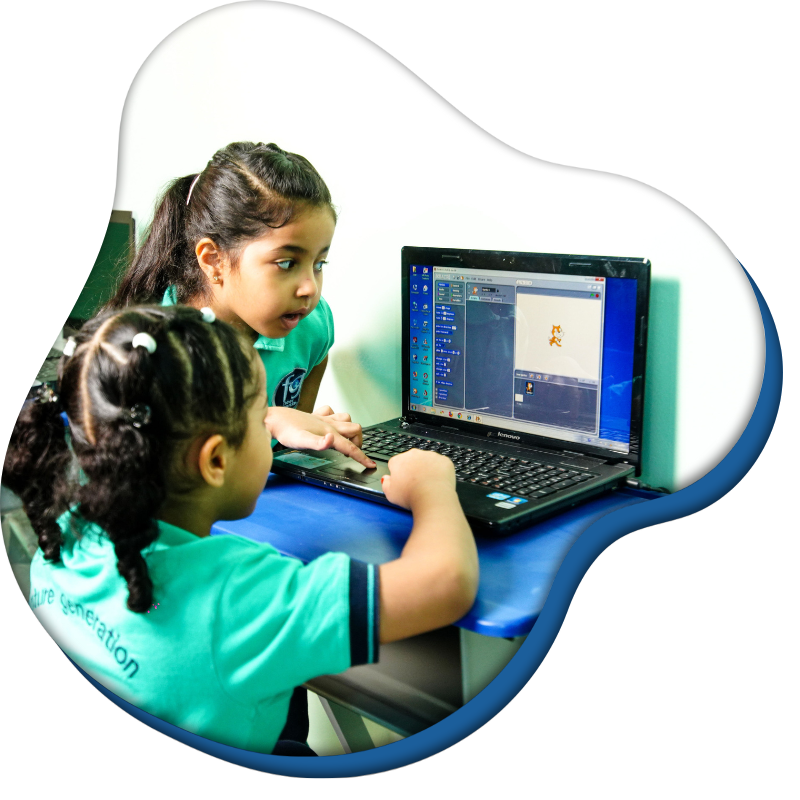

FEATURES AND FACILITIES
FGIS aims to give the best education to its students, by keeping at par with emerging trends in education. At FGIS, we aim to provide:
- Spacious Classrooms
- Smartboards
- Mobile Computer Lab
- Networked Classrooms
- Indoor and Outdoor Play Areas
- Activity Rooms
KINDERGARTEN PROGRAM | KG 1 – KG 3
The FG International School Kindergarten instructional program is planned to meet each child’s school readiness or developmental level.
6 Domains of Kindergarten Readiness
Motor Development : This is concerned with muscles and coordination. A child’s fine and gross motor development play a large part in their Kindergarten experience. Fine motor development includes writing, cutting, and self-help skills. Running, Skipping, Hopping, galloping, throwing, and catching are all vital large motor skills.
Auditory Discrimination : Since speaking/listening type communication patterns are used to teach or give directions, it is important that children be trained to hear correctly. The instruction consists of listening skills, rhyming, and phoneme manipulation. Letter name knowledge is also being taught simultaneously with the reading program.
Visual Discrimination : A child may have normal eyesight but may have difficulty understanding what he sees. Many activities will deal with identifying the likenesses and differences between colors and shapes.
Language Development : Speaking clearly, concisely, and fluently is directly related to success in learning. Children need to express their thoughts, needs, and attitudes. Kindergarten tries to set up play activities to allow children to role-play and dramatize situations from their own experiences. This encourages language use.
Cognitive Development : This area focuses on the child’s ability to demonstrate knowledge and understanding of language and number concepts. These are essential prerequisite learning experiences for the development of basic skills in reading and math in Kindergarten.
The Multiple Intelligences Theory in the Classroom : This theory clearly explains every child possesses several bits of intelligence to a greater or lesser degree. We are keen on promoting the child’s ability and potential in the following areas:
- Logical-Mathematical Intelligence
- Linguistics Intelligence
- Spatial Intelligence
- Bodily-Kinesthetic Intelligence
- Interpersonal Intelligence
- Intrapersonal Intelligence
Program Levels
From Kindergarten to grade 4, we pave the path for the students to walk through the future of learning.
